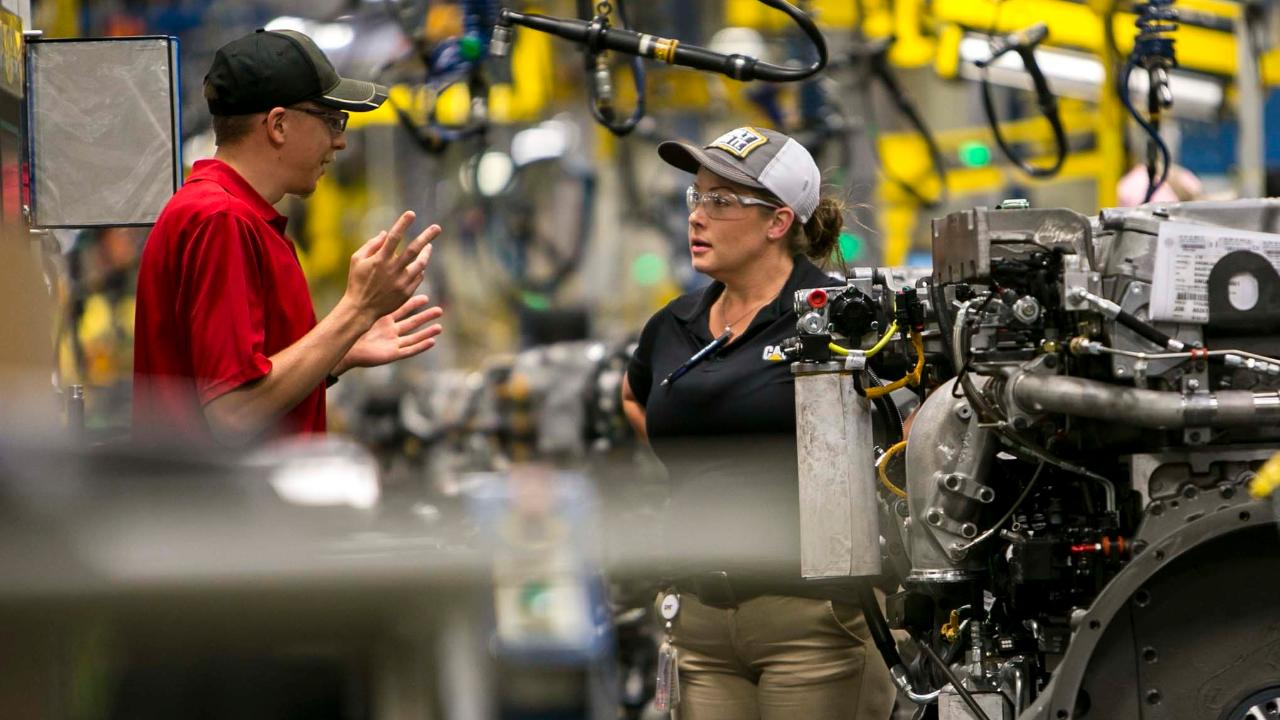Dallas Fed's Kaplan thinks it's too soon to consider rate cuts
New fears inverted yield curve could predict recession to come
Barron's senior reporter Mary Childs and former Dallas Fed adviser Danielle DiMartino Booth on concerns over a potential U.S. recession.
Despite growing fears about an impending economic recession, Dallas Federal Reserve Bank President Robert Kaplan believes it’s too soon to cut interest rates.
On Friday, the yield curve inverted for the first time since 2007, meaning the yield on the U.S. 10-year Treasury note dipped below the yield on the 3-month Treasury note, triggering additional fears about a downward economic trajectory.
That’s because the yield curve inversion has typically been considered a predictor of recession as it means the interest on long-term bonds is lower than that on short-term bonds. Higher long-term rates reflect buyer sentiment that growth will continue, but when the difference between the long-term and short-term rates shrinks, it signals that buyers are worried about lasting growth. The yield curve previously inverted in 2000 and 2007.
But in an interview with The Wall Street Journal, Kaplan said that before considering whether to lower rates, "I’d need to see an inversion of some magnitude and/or some duration, and right now we don’t have either."
For that to happen, the yield-curve inversion would need to last for months, not weeks, Kaplan told the Journal.
"If you see an inversion that goes on for several months … that’s a different kettle of fish," he said. "We’re not there yet."
Last week, the Federal Open Market Committee voted to keep the benchmark federal funds rate steady, while also signaling there will be no additional rate hikes for the remainder of the year.
"The Committee will be patient as it determines what future adjustments to the target range for the federal funds rate may be appropriate to support these outcomes," the Fed said in a statement released following the two-day meeting.
CLICK HERE TO GET THE FOX BUSINESS APP
In recent months, the Fed has appeared to take a more dovish approach to interest rates amid concerns about slowing global growth -- a result of a more than year-long trade war between the U.S. and China and uncertainties about Brexit.
"We still see sustained expansion of economic activity, strong labor conditions and inflation near 2 percent," Powell said during the Fed’s January meeting. "But the crosscurrents suggest a less favorable outlook."





















